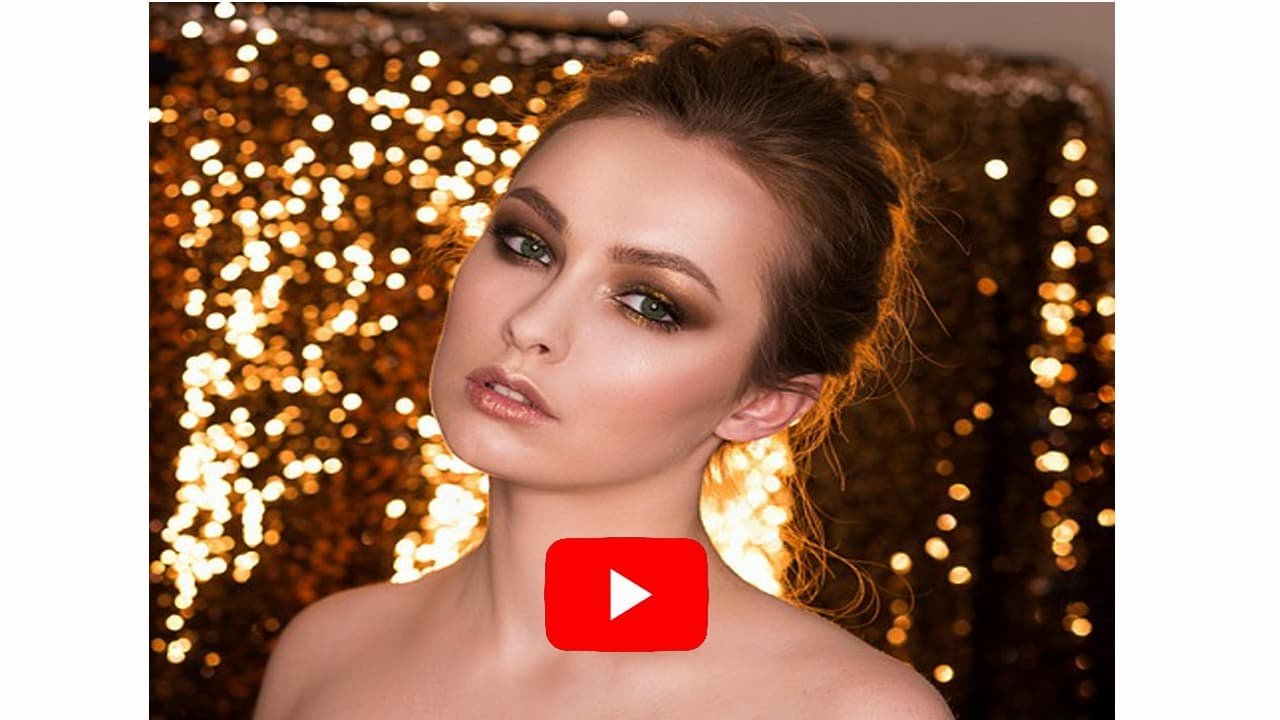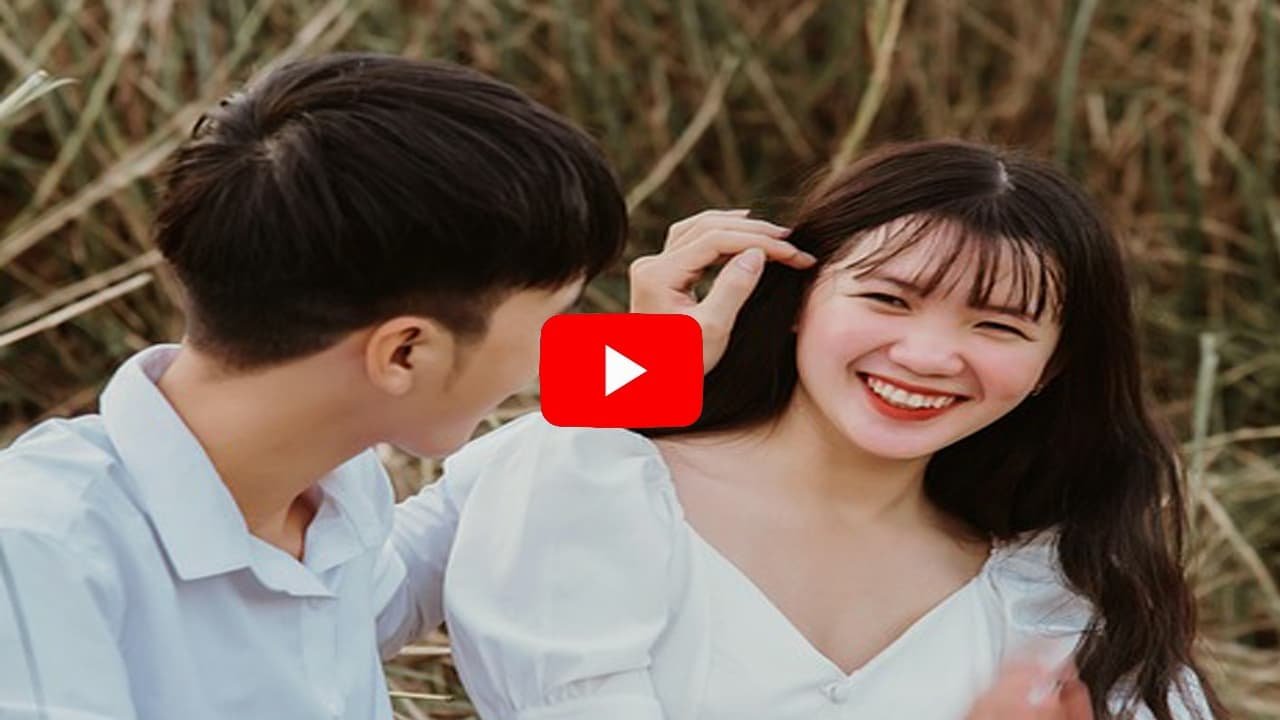Stress and Hair Loss: Understanding the Connection Between Mental Well-being and Hair Health
In today’s high-pressure world, stress has woven itself into almost every aspect of daily life. While most people recognize its toll on mental well-being, the profound physical consequences—especially on hair health—are often overlooked. Chronic stress triggers a cascade of biological responses that can dramatically affect hair growth, scalp health, and overall hair vitality. Understanding this intricate connection is essential for identifying early signs of hair loss and implementing strategies to protect and restore healthy hair.
How Stress Disrupts the Hair Growth Cycle
When the body experiences prolonged or intense stress, it activates the hypothalamic-pituitary-adrenal (HPA) axis, resulting in the release of cortisol and other stress hormones. Elevated cortisol levels can interfere with the natural hair growth cycle, which comprises three phases:
-
Anagen (growth phase) – hair actively grows.
-
Catagen (transitional phase) – growth slows and follicles shrink.
-
Telogen (resting/shedding phase) – old hairs fall out to make room for new growth.
Under chronic stress, follicles may prematurely enter the telogen phase, causing increased shedding and visible thinning, a phenomenon medically referred to as telogen effluvium. This condition can appear within a few months following a stressful event or persist during long-term stress exposure.
The Indirect Effects of Stress on Hair
Stress affects hair not only hormonally but also behaviorally. Poor circulation under stress reduces the delivery of nutrients and oxygen to hair follicles, weakening the strands and making them prone to breakage. Stress can also alter habits—such as skipping hair care routines, choosing nutrient-poor foods, or relying on chemical treatments and heat styling as coping mechanisms—all of which amplify hair loss and thinning.
Recognizing the Signs of Stress-Related Hair Loss
Early detection is key. Common indicators include:
-
Noticeable shedding during brushing or washing
-
Hair becoming brittle or fragile
-
Reduced overall hair volume
-
Widening parts or patches of thinning
Spotting these signs early allows for timely intervention and prevents more severe hair loss.
Effective Strategies to Combat Stress-Induced Hair Loss
Mitigating the effects of stress on hair involves a multi-pronged approach:
1. Stress Management Techniques
-
Meditation, yoga, and mindfulness exercises calm the mind and reduce cortisol levels.
-
Regular physical activity releases endorphins, which improve mood and support healthy hair.
-
Seeking professional mental health support can equip individuals with coping strategies to manage chronic stress effectively.
2. Nutritional Support
A balanced diet rich in essential vitamins and minerals strengthens hair follicles and aids recovery from stress-induced damage. Key nutrients include:
-
Biotin – supports keratin production
-
Zinc and iron – essential for follicle health
-
Vitamins A, C, D, and E – promote growth and scalp vitality
3. Gentle Hair Care Practices
Minimizing physical trauma to the scalp and strands is crucial. Gentle brushing, avoiding tight hairstyles, and reducing chemical or heat exposure protects fragile hair from further damage.
Final Thoughts
Stress-induced hair loss, while distressing, is often reversible with timely intervention and healthy lifestyle choices. By combining stress management, proper nutrition, and gentle hair care, individuals can significantly reduce the impact of stress on hair. In doing so, they preserve hair density, improve scalp health, and regain confidence in their appearance.
Hair Care Routines: Effective Practices to Preserve and Promote Healthy Hair
Maintaining resilient, healthy hair requires more than just occasional washing—it begins with a comprehensive, tailored hair care routine. Understanding your hair type and scalp condition is essential for selecting products and practices that nurture your strands while minimizing damage. Whether your hair is curly, straight, oily, or dry, a routine that respects your hair’s unique needs can make a significant difference in its strength, shine, and growth.
Cleansing and Conditioning
Proper cleansing lays the foundation for scalp and hair health. Use mild, sulfate-free shampoos that cleanse without stripping natural oils. Over-washing can dry out hair, while under-washing can lead to buildup, so find a frequency that suits your hair type:
-
Oily scalp: 2–3 times per week
-
Dry or curly hair: Once or twice per week
After shampooing, a quality conditioner helps hydrate strands, smooth the cuticle, reduce frizz, and make hair more manageable. Regular use prevents breakage during styling and keeps hair soft and resilient.
Deep Conditioning and Treatments
Weekly or bi-weekly deep-conditioning treatments or hair masks repair damage, restore moisture, and strengthen weak hair. Choose formulations with natural oils, proteins, or botanical extracts that address your specific hair needs. These treatments are especially valuable for chemically treated, heat-styled, or dry hair.
Heat and Styling Practices
Excessive heat styling—blow dryers, curling irons, and straighteners—can cause thermal damage, leading to brittle strands and breakage. When heat styling is necessary:
-
Apply a heat protectant spray
-
Use the lowest effective temperature
-
Limit styling frequency
Gentle handling is critical, particularly when hair is wet. Wet hair is more fragile, so use wide-tooth combs, avoid harsh brushing, and refrain from tight hairstyles that strain roots.
Scalp Health
Healthy hair begins at the scalp. Regular scalp massages with nourishing oils such as castor, coconut, or argan oil stimulate blood flow, encouraging stronger follicle activity and better nutrient delivery. Protect your scalp from environmental stressors like UV rays, pollution, and harsh weather using hats or protective sprays.
Nutrition and Hydration
Hair health is deeply influenced by diet and hydration. Include nutrient-rich foods that support hair growth:
-
Vitamins: A, C, D, E, biotin
-
Minerals: Zinc, iron
-
Healthy fats: Omega-3 fatty acids
Staying hydrated ensures the scalp remains moist, preventing dryness and flakiness, which can compromise hair integrity.
Regular Maintenance
Routine trims every 6–8 weeks help prevent split ends and keep hair looking healthy. Combined with a mindful, consistent hair care regimen, this maintenance supports long-term vitality and appearance.
Key Takeaway:
Consistency, proper handling, and attention to both external care and internal nutrition are the cornerstones of strong, healthy hair. Tailoring your hair care routine to your hair type, avoiding harmful practices, and supporting your scalp and follicles from within can promote vibrant, resilient hair over the long term.
🏆 Don’t wait—start your hair transformation today! Check out these top hair loss solutions.
Early Hair Loss Signs: Recognizing the First Indicators to Take Prompt Action
Detecting hair loss in its early stages is crucial for preventing irreversible damage and maintaining a full, healthy head of hair. Subtle changes often serve as warning signals, and paying attention to them can make a significant difference in the effectiveness of interventions.
Increased Hair Shedding
One of the most common early signs of hair loss is excessive shedding. You may notice more strands than usual falling out during:
-
Brushing or combing
-
Washing hair
-
Styling routines
If shedding seems higher than normal or leaves behind thinning patches, it is important to monitor the situation closely.
Changes in Hair Density and Parting
A widening part or a noticeable reduction in hair density, particularly around the temples or crown, often signals the initial stages of thinning. Fine, sparse strands may become more apparent, making previously hidden scalp areas visible.
Alterations in Hair Texture and Strength
Early hair loss can affect hair quality. Signs include:
-
Hair feeling weaker, brittle, or less resilient
-
Increased breakage or snapping during brushing or styling
-
Reduced volume and fullness
These changes indicate that follicles may be weakening or miniaturizing, which can lead to more noticeable hair loss if left unaddressed.
Scalp Health Indicators
Issues with the scalp may also hint at underlying hair loss problems:
-
Dryness or flakiness
-
Irritation or redness
-
Signs of infection or inflammation
Addressing scalp health is essential, as it creates the foundation for strong, healthy hair growth.
Receding Hairline
For some individuals, a receding hairline can be one of the first visible indicators of hair loss, particularly in male or female pattern hair loss. Early recognition allows for timely treatment and better long-term outcomes.
Early Detection Practices
Regular scalp examinations and careful observation of hair quality are key to early detection. If any of these signs are noticed, seeking guidance from a dermatologist or trichologist can help identify the underlying cause—such as hormonal imbalances, thyroid disorders, nutritional deficiencies, or scalp conditions.
Proactive action—whether through medical treatment, lifestyle adjustments, or specialized hair care routines—can significantly improve the likelihood of preserving hair density, strength, and overall scalp health.
Proactive Measures for Maintaining Healthy Hair and Preventing Hair Loss
While recognizing early signs of hair loss is crucial, taking proactive steps can make an even bigger difference in preserving healthy hair. A holistic approach—combining nutrition, stress management, tailored hair care, and lifestyle habits—helps ensure hair remains strong, resilient, and vibrant over time.
1. Prioritize Nutrition
Hair health begins from within. A balanced diet rich in essential vitamins and minerals supports the hair growth cycle and strengthens follicles. Key nutrients include:
-
Biotin – Supports keratin production
-
Zinc & Iron – Promote hair strength and growth
-
Vitamins A, C, D, and E – Aid follicle function, protect against oxidative stress
Foods to incorporate: eggs, nuts, seeds, leafy greens, fatty fish, and whole grains. Staying well-hydrated is equally important, as it maintains scalp moisture and prevents dryness-related breakage.
2. Manage Stress Effectively
Chronic stress elevates cortisol levels, which can accelerate hair thinning and shedding. Effective strategies include:
-
Meditation, deep-breathing exercises, and yoga
-
Regular physical activity
-
Adequate sleep and rest
-
Engaging in hobbies or activities that promote mental well-being
Managing stress not only protects hair but also improves overall health and resilience.
3. Adopt Gentle Hair Care Practices
Proper hair care minimizes damage and supports follicle health:
-
Avoid harsh chemical treatments, excessive heat styling, and tight hairstyles
-
Use strengthening products with ingredients like biotin, keratin, and natural oils
-
Perform regular scalp massages with nourishing oils (coconut, argan, or castor oil) to improve circulation and nutrient delivery
-
Wash hair with mild, sulfate-free shampoos and condition appropriately for your hair type
4. Seek Early Professional Guidance
At the first signs of hair thinning, consulting a dermatologist or trichologist is vital. Early diagnosis can reveal underlying causes such as hormonal imbalances, thyroid issues, nutritional deficiencies, or scalp conditions, allowing timely interventions.
5. Integrate Healthy Lifestyle Habits
Lifestyle choices can significantly influence hair vitality:
-
Avoid smoking and limit alcohol consumption
-
Maintain consistent sleep patterns
-
Conduct regular scalp and hair health checks
-
Foster a positive mindset and proactive attitude toward hair care
Conclusion
By combining nutrition, stress management, gentle hair care, professional guidance, and healthy lifestyle habits, individuals can take control of their hair health. A consistent, personalized approach helps preserve natural hair density, strength, and appearance—boosting confidence and improving overall quality of life.
🏆 Don’t wait—start your hair transformation today! Check out these top hair loss solutions.
YOU MAY ALSO LIKE:
Understanding the Emotional Impact of Hair Loss: Coping, Support, and Solutions
Latest Advances in Hair Loss Research and Treatments: A Comprehensive Overview
Hair Loss Myths Debunked: Facts, Causes, and Effective Solutions
Effective Natural Ways to Combat Hair Loss: Tips for Healthy, Strong Hair
Understanding Hair Loss in Men and Women: Key Differences, Causes & Solutions
Supporting Loved Ones with Hair Loss: A Compassionate Guide to Emotional Care







